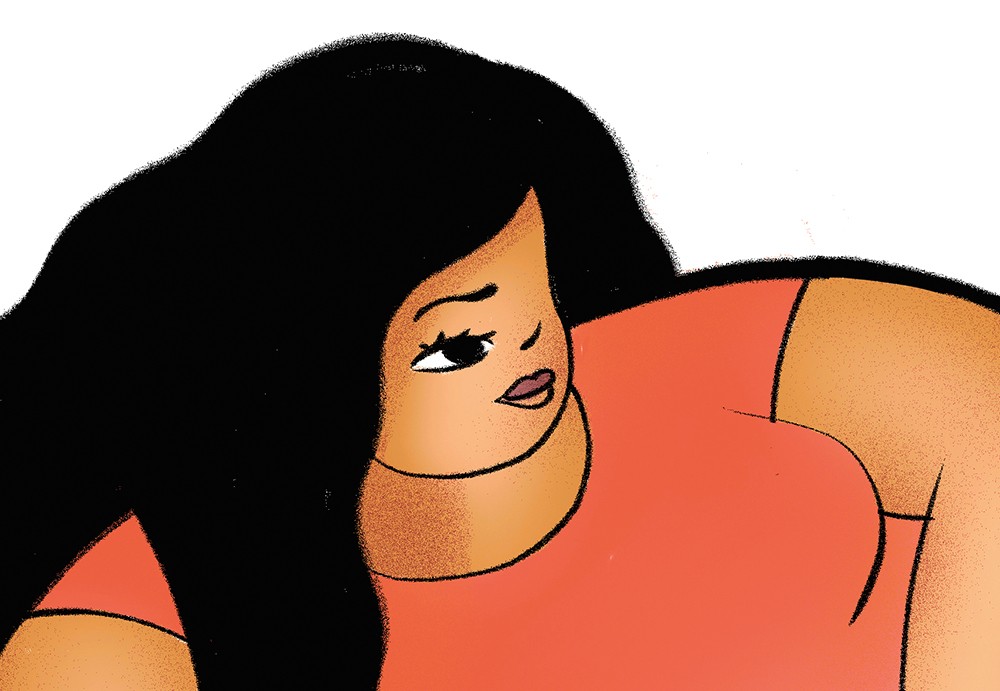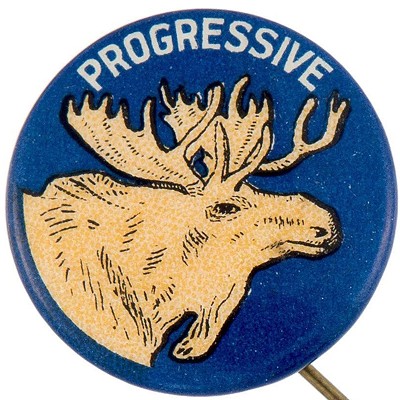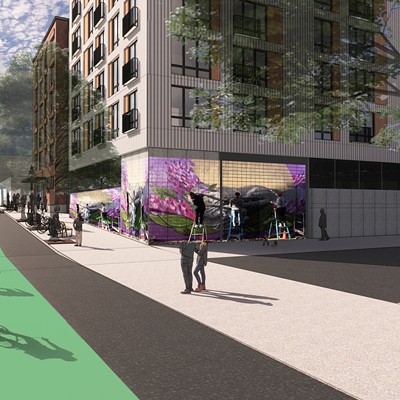During a recent conversation, a friend recognized I was having difficulty expressing some of my thoughts. He knows me well enough to ask me to consider writing them down for him, and so I did. In reading over what I had written, I realized that I struggled because I was trying to discuss something much larger than myself. I also recognized that my letter to him would be a glimpse into and a good introduction to my mind and the way it works, and so I've decided to share a piece of it with you:
Evan,
My relationship with "beauty" is complicated.
Though I've learned to accept that I am beautiful, I've never been the ideal standard of it — my dark, coarse, almost-black hair, my dark brown, almost-black eyes, my honeyed skin and larger body — all fly in the face of the lean, pale, blue-eyed, blonde-haired model of preference.
Learning about your beauty is difficult when you grow up without seeing it reflected. I don't remember girls like me portrayed in sitcoms, movies and the books of my youth; invisibility has its effects. I learned early on that "beauty," or "lack" thereof, has a hand in defining us whether we want it to or not. While many will be quick to agree these perceptions do not speak to the essence of who we are, there is no denying they help shape our realities. It seems impossible not to project these onto others or soak them into our own skin.
Remembering that "beauty" has nothing to do with our inherent worth and that it, much like race, is a construct we've created is imperative, I must acknowledge that even constructs have their consequences. Though I often see through the "Oz"ian, consumerist curtain — where products are pushed and corporations gain through our internalization of the message that we are not enough — fully negating its effects seems unlikely. And that has always made me angry.
You asked about Jamaica, and yes, living there for nine months complicated my already complicated relationship. Their definition of beauty was a shift I wasn't prepared to inhabit. Big bodies, small bodies, all bodies, felt like they were on display. Maybe it's the heat or their comfort in their own skin. Who knows? But I do know that I was thrust into a reality unlike the one I'd always known. Suddenly, my light-brown skin and full body were sought-after marks of privilege, and when I left the house, I had to prepare for a range of possibilities, including words, gestures and actions that would reduce me to just a body. And that too made me angry.
But I'll admit, it's fairly easy to be sanctimonious about constructs in the abstract until you face their complexity. For example, I had a professional headshot taken and it was stunning; so I made it my Facebook profile picture. Now, I wanted to be defined by the construct. And then I was angry with myself.
Evan, where is the line and what does it look like? How do I teach myself to value myself, all of this self? The external? The internal? What standards of beauty can I own without buying into those created for me? Do I ever get to reclaim this body?
I guess I don't really expect answers to any of these heavy questions, but asking them somehow makes me feel lighter. You see... I have this friend and he asked me to write about what's inside my head, and there's just something about being seen in that kind of way, which can bring a little peace to all this rather loud disquiet.
— Inga ♦
Inga N. Laurent is a local legal educator and a Fulbright scholar. She is deeply curious about the world and its constructs and delights in uncovering common points of connection that unite our shared but unique human experiences.






















